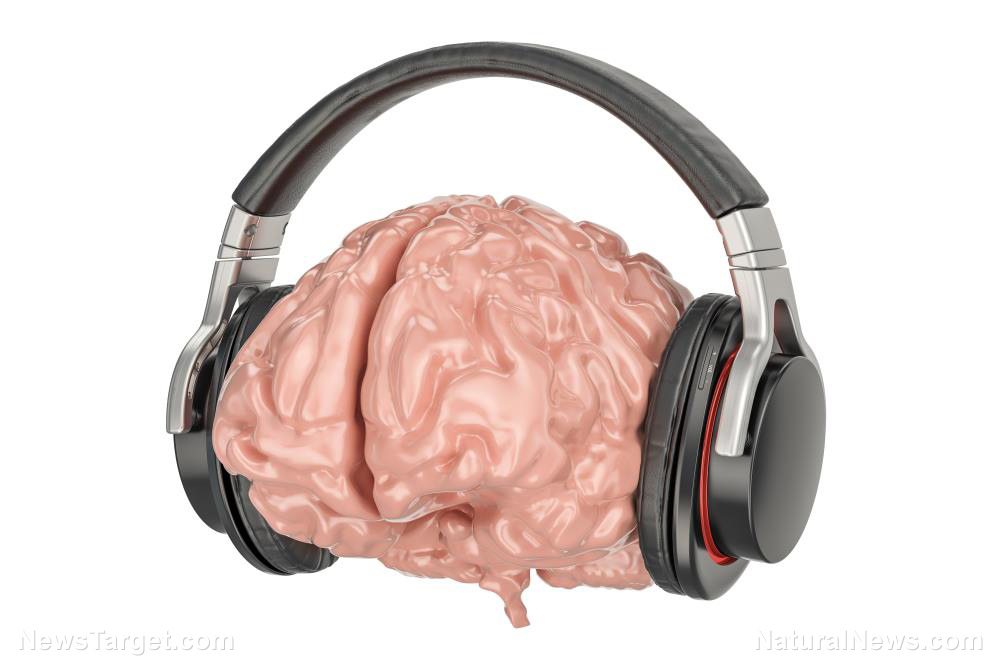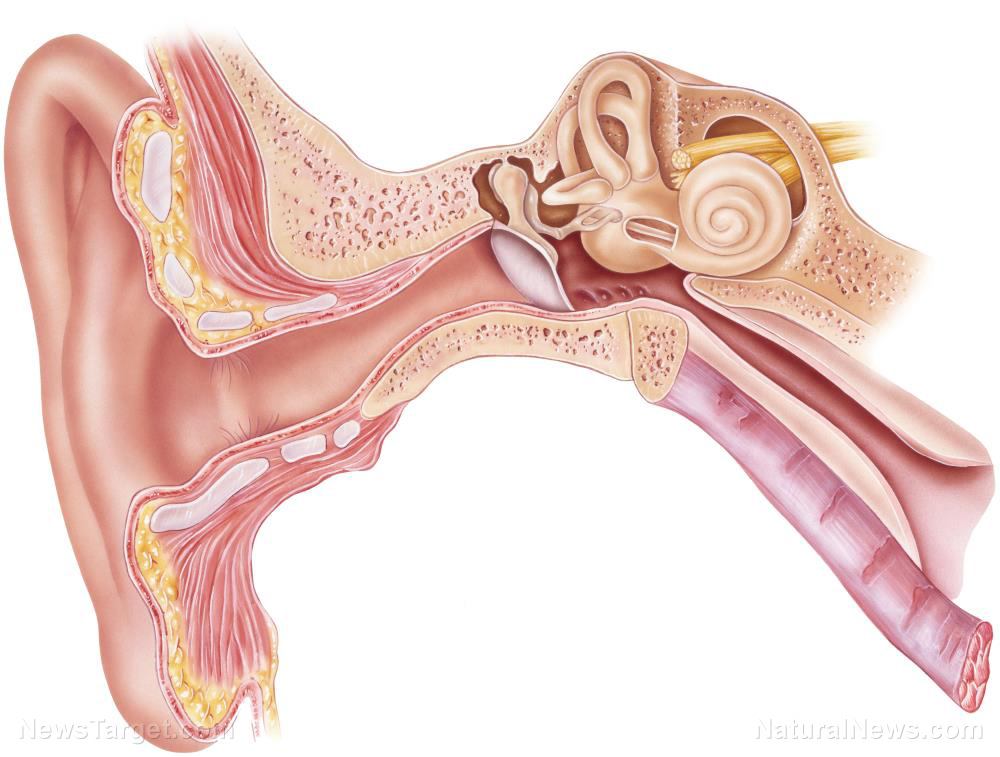Understanding brain fog and how to treat it
11/26/2019 / By Melissa Smith

Brain fog is a type of cognitive dysfunction that causes feelings of confusion, forgetfulness, and a lack of focus and mental clarity. It is not a medically recognized condition, but rather a symptom of other medical conditions. There are many reasons why brain fog occurs. Listed below are the main causes of brain fog and how to treat it:
- Unhealthy and processed foods — Eating highly processed foods causes a lot of health issues, including brain fog. To avoid it, eat more of the organic, nutritious stuff. In general, eat foods that your ancestors would recognize as food, such as fruits, vegetables, beans, eggs, fish, meat, and nuts. Following this rule will help you reduce your intake of foods with sugars and other additives, while making room for more of the healthy foods your brain needs to function optimally. It is also important to be mindful of the quantity of food you eat and not just the quality. Skipping meals and eating too much in one sitting can both leave you with a fuzzy brain. (Related: Brain fog is caused by lifestyle: Doctor reveals how diet, stress levels and sleep affect hormones, performance and immunity.)
- Nutritional deficiencies –Your brain needs all essential nutrients to function properly, so if you still experience brain fog despite eating healthily, you may be lacking in nutrients like vitamin B12, vitamin D, omega-3 fatty acids, and magnesium. To fill any nutritional gaps, take a multivitamin supplement or other natural supplements designed to boost mental functions, such as gotu kola.
- Lack of quality sleep –Getting enough sleep is important for proper brain function. Just one bad night can affect your memory, concentration, coordination, mood, judgment, and ability to handle stress the next day.
- Too much stress –Chronic stress increases your risk for brain diseases like dementia and mental health problems like anxiety and depression. It can also lead to poor decision-making, insomnia, and memory loss. You can relieve stress by practicing meditation or mind-body relaxation techniques like yoga.
- Physical inactivity — Living a sedentary life can affect many bodily functions, including brain function. You need to get moving to increase your endorphins and get more glucose and oxygen flowing to your brain. Exercise also reduces stress and stimulates new brain cell formation.
- Exposure to toxins — Toxin exposure can cause many health problems, including cognitive problems. You can’t control the air outdoors or at work, but you can control the air you breathe at home. You can reduce indoor air pollution by using only the natural variants of cleaning products and personal care products; avoiding smoking inside the house; using air filters; and filling your home with houseplants.
- Overstimulation — Overstimulation can drain your brain and leave you feeling dazed, anxious, and overwhelmed. Avoid exhausting yourself and limit the time you spend on your electronic gadgets.
- Underlying health conditions — As mentioned earlier, brain fog is likely a symptom of underlying medical conditions associated with fatigue, inflammation, or changes in blood sugar level.
- Prescriptions and over-the-counter drugs — These drugs are known to have side effects, including brain fog. Avoid using these harmful drugs and use natural medicines instead.
If you have a persistent lack of clarity that worsens or doesn’t improve, seek medical help. A single test can’t diagnose brain fog – your physician will most likely conduct a physical examination and ask you about your diet, mental health, level of physical activity, and current medications or supplements to determine the cause of your symptoms.
Sources include:
Tagged Under: brain fog, brain function, concentration, hormones, lack of sleep, memory, mental health, mind body science, natural cures, natural medicine, nutrient deficiency, otc drugs, poor diet, Prescription Medicine, prevention, remedies, stress, supplements, toxins
RECENT NEWS & ARTICLES
COPYRIGHT © 2017 BRAIN NEWS



















